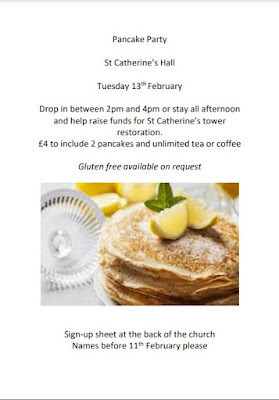Maciej Hoffman was born in Wrocław, Poland in 1964, the son of artist parents, growing up under Poland's communist regime; after studying philosophy at the School of Theology in Wrocław, he graduated in Painting and Sculpture from the Academy of Fine Art in 1992. Becoming fascinated with web art and new graphic technologies, he then worked for 15 years in one of Poland's largest advertising agencies until a watershed moment in 2003, when he returned fulltime to the studio and to oil painting. He moved to England in 2012, in search of new artistic and life opportunities, and continues to paint, teach and exhibit in the UK and abroad.
Here he became involved in leading art workshops for school students, encouraging self-expression through art therapy for young people from disadvantaged backgrounds, or coping with mental health issues and trauma. He also contributed artworks to exhibitions dealing with conflict and resolution, including two marking Holocaust Memorial Days in 2012 and 2018 respectively. Maciej Hoffman's work has been exhibited in the UK on numerous occasions, including at Chelmsford Cathedral; Barry Gallery Central; Polish Social and Cultural Association (POSK) Gallery and Willesden Gallery (both London), and at the Warwick Art Centre.
‘Painting begins with a spark, an idea, an impulse. Sometimes it seems as though the painting creates itself, intuition guides me during the process … In trivialities as well as in big events I seek contrasts between imagination and reality. Our expectations and our anticipations are never what we finally meet in real life. This constant collision fascinates me. It’s irrelevant whether it’s beauty and ugliness, order or chaos - the point is, how it’s reflected in the mirror of my interpretation … I am moved by people’s stories with all their misfortunes and moments of happiness. It seems like one is always part of the other.’
https://www.maciej-hoffman.com/ https://www.buru.org.uk/record.php?id=1443
'Who Tells Your Story? Who Tells Your Future? An exhibition of paintings by Maciej Hoffman' is at St Andrew’s Church (11 London Road, Wickford SS12 0AN) until 29 March 2024.
St Andrew’s is usually open: Sat 9am-12.30pm; Sun 9.30am-12 noon; Mon 2-3.45pm; Tue 1-4.30pm; Wed 10am-12 noon; Fri 10am-1pm. See https://wickfordandrunwellparish.org.uk/whats-on.html for more information.
‘I choose themes that pervade everyday life, our constant battle with problems which we inevitably face. But also issues which haunt us for years, shaping our perspective on the world and building us as humans. I try to capture the moments of tension, the climax, and the spark before ignition.’ Maciej Hoffman
Unveiled – a wide range of artist and performers from Essex and wider, including Open Mic nights (come and have a go!).
Unveiled – view our hidden painting by acclaimed artist David Folley, plus a range of other exhibitions.
Spring Programme 2024
- 23 February – Tryin’ to throw your arms around the world. Jonathan Evens talks about the spirituality of the rock band U2. This talk sets out the main characteristics of U2’s spirituality, examines their roots, makes links between their spirituality and themes in contemporary theology and, considers three reasons why U2’s spirituality has connected with popular culture.
- 8 March – Dave Crawford in concert. Popular local musician, Dave Crawford writes engaging/melodic songs in Americana/Alt-Rock/Indie-Folk. He has performed at the Leigh Folk Festival, Pin Drop Sessions, and Music for Mind together with Kev Butler. He was recently included on The Open Mic Show Album, Vol. 1 from SoSlam. We have enjoyed Dave’s powerful vocals and guitar here when he has performed previously at our Open Mic Nights.
- 22 March – An evening with the Ladygate Scribblers. Hear poetry and prose from a long-established Wickford-based writers group.
These events do not require tickets (just turn up on the night). There will be a retiring collection to cover artist and church costs. See http://wickfordandrunwellparish.org.uk/whats-on.html for fuller information.
------------------------------------------------------------------------------------------------------



















































.jpg)



